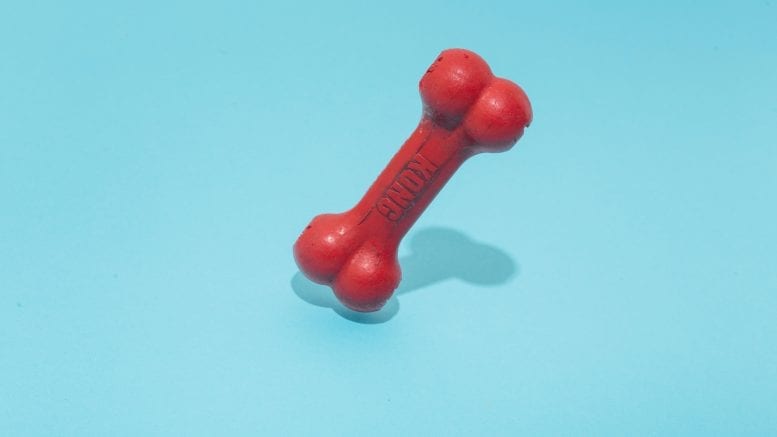Maintaining strong, healthy bones is a lifelong pursuit. If you do a lot of physical activity, you know how important it is to have a strong skeletal structure. However, you may have suffered a broken or fractured bone as a result of your hard physical work. While exercise generally strengthens the bones, athletes can be susceptible to stress fractures and weak bones.
Below is a discussion of the importance of nutrition to bone health, particularly in athletes. A sound diet can determine whether an athlete will grow stronger as a result of rigorous physical exercise, or if the stress put on the body will have negative consequences.
Though they seem solid and tough, bones are made of living tissue, which, over our lifespan, dies off, is absorbed, and then regenerates. Bone is similar to skin in its constant renewal and re-growth. The minerals calcium and phosphorus are of the utmost importance to bone density and strength, which prevent injuries like stress fractures in athletes. Maintaining healthy bone density is also important to avoid injuries later in life.
You can have your bones tested for mineral density if you are concerned about weakness and fractures. It is often thought that stress fractures in teenaged athletes are a result of the rapid growth during these years. While this is part of the picture, weak bones are not an inevitable part of this stage in growth.
Ideally, exercise strengthens the bones as it does the muscles. In fact, vigorous exercise throughout childhood and puberty is one of the best ways to ensure the bones will reach their maximum density by adulthood. This has the double benefit of safeguarding against the bone loss that generally begins in the forties, and, by instilling healthy habits that extend into adulthood, bone loss can be further avoided.
There is considerable evidence that shows the positive effects of exercise on bone strength and density in postmenopausal women, one of the most vulnerable candidates for osteoporosis. The downside of all this is that some young athletes, particularly girls, can suffer from decreased bone density, making them more prone to injuries like stress fractures, and even broken bones.
The answer seems to lie in caloric consumption. As girls approach puberty, body weight becomes an increased concern. In addition, female athletes may take dieting to the extreme to keep the body fit and trim. Low caloric intake can have an adverse effect on the hormones, and a decrease in estrogen has the immediate result of bone weakness and loss. Vigilance is the key, as many athletes may not even be aware that they are eating too little, or the wrong kinds of foods.
Calcium and vitamin D rich foods like milk, yogurt, tofu, fatty fish, and leafy greens. Protein is also important to healthy bone mass and density, and vegetarians, in particular, should take care to consume complete proteins like beans and grains. Eating colorful fruits and vegetables will help ensure you are getting a full spectrum of vitamins and minerals as well.






Leave a comment